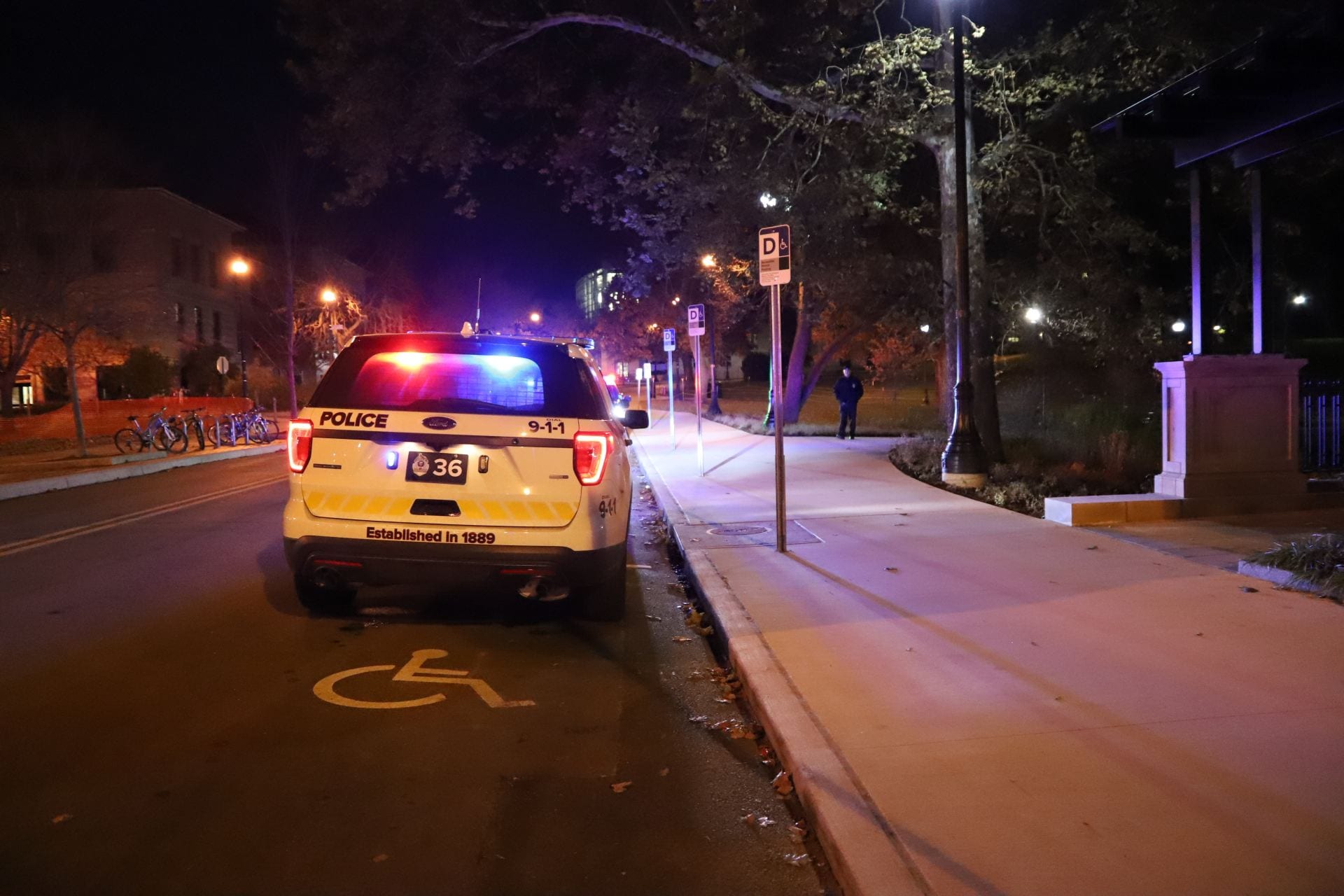An increase in Parkinson’s disease awareness is due, in part, to the research efforts of a physician at The Ohio State University Medical Center.Dr. Jean Hubble, one of three physicians at the medical center’s Parkinson’s disease and movement disorders clinic, was one of five clinical consultants in the United States who investigated and tested a surgical device that reduces tremors, a symptom of the disease. Parkinson’s disease is a chronic and slowly progressive illness that affects certain nerve cells in the brain and produces tremors, muscular stiffness and slowed body movement. The Activa device, manufactured by Medtronic, a Minneapolis-based company, works like a heart pacemaker, but with a lead wire implanted in the brain that electrically stimulates the thalamus to reduce the tremor symptoms, Hubble said.Although it has not been officially approved by the FDA, the surgical device has received a unanimous recommendation for approval by an FDA advisory panel. About 2,000 people are currently using the Activa device.’This is the most dramatic tremor controlling therapy I’ve seen,’ Hubble said. ‘This kind of therapy offers immediate relief from tremors.’Dick Reid, spokesman for Medtronic said this surgical procedure is the most amazing he’s ever seen. ‘In the operating room, the patient is awake during the surgery. The surgeon will tell the patient to hold up his arms and you can see the tremor very visibly. Once the electrode is in the brain, the tremor immediately stops,’ he said.Reid said this type of therapy is very effective for patients who have tremors, especially those who have developed a tolerance for their current medication. Hubble and her colleagues at the clinic see more than 300 Parkinson’s patients per year. They specialize in the diagnosis and treatment of the disease. Their studies involve two main areas: causation and improved treatment. Their current research into causation looks at environmental and genetic factors. ‘There is evidence that environmental toxins, such as insecticides, may raise the risk of getting Parkinson’s disease,’ Hubble said.The physicians are participating in a multi-center genetic trial that examines families with two or more brothers or sisters who have Parkinson’s disease. Blood samples are taken from the family members and the DNA is examined. ‘There are more than 100 families involved in this study, 25 from Central Ohio,’ Hubble said.The Central Ohio Parkinson Society works in conjunction with the OSU Parkinson’s disease clinic to help central Ohio patients with the disease. It is a non-profit organization which helps patients and their care givers with local support groups and information.’We are helping people to know more about the disease,’ said Ann Parkinson, executive director of the society.


